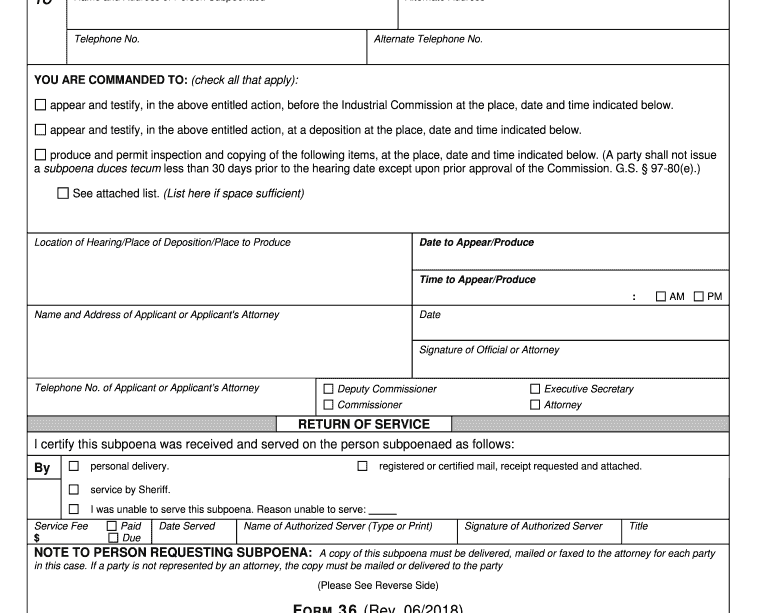The Role and Importance of Subpoenas in Legal Proceedings

Introduction
A subpoena is a powerful tool within the legal system, serving as a formal order compelling individuals to provide testimony or produce evidence. Its importance cannot be overstated, particularly in judicial investigations and legal cases where gathering information is crucial. Understanding the mechanics and implications of subpoenas is essential for both legal professionals and ordinary citizens alike, especially as debates over transparency and accountability in various sectors continue to intensify.
What is a Subpoena?
A subpoena is typically issued by a court or a legal authority, demanding that someone appear in court or produce documents relevant to an ongoing case. There are two primary types of subpoenas: a subpoena ad testificandum, which requires a person to testify, and a subpoena duces tecum, which compels the submission of documents or evidence. The failure to comply with a subpoena can lead to significant legal consequences, including fines or contempt of court charges.
Current Events Surrounding Subpoenas
In recent months, subpoenas have been at the forefront of various high-profile investigations in Canada. For instance, the inquiry into alleged election interference by foreign entities has sparked discussions around the necessity of subpoenas to ensure transparency and accountability. Witnesses, including former officials and experts, have been called upon to testify, illustrating the subpoena’s role in uncovering truths in complex legal scenarios.
Moreover, the investigation surrounding corporate misconduct has seen numerous subpoenas issued to compel cooperation from businesses and individuals alleged to be involved. This approach emphasizes how subpoenas serve as critical instruments in the pursuit of justice, allowing legal entities to gather necessary information that might otherwise remain inaccessible.
Conclusion
The significance of subpoenas extends beyond their immediate legal implications. They symbolize the judicial system’s commitment to transparency and the pursuit of justice. For individuals and organizations, the risk of receiving a subpoena underscores the importance of maintaining ethical practices and transparency in all operations. Looking forward, as societal complexities evolve, the use and interpretation of subpoenas may face new challenges, particularly in an age where information is both abundant and elusive. Understanding their function and the legal obligations they impose will remain crucial for those navigating the legal landscape in Canada.









